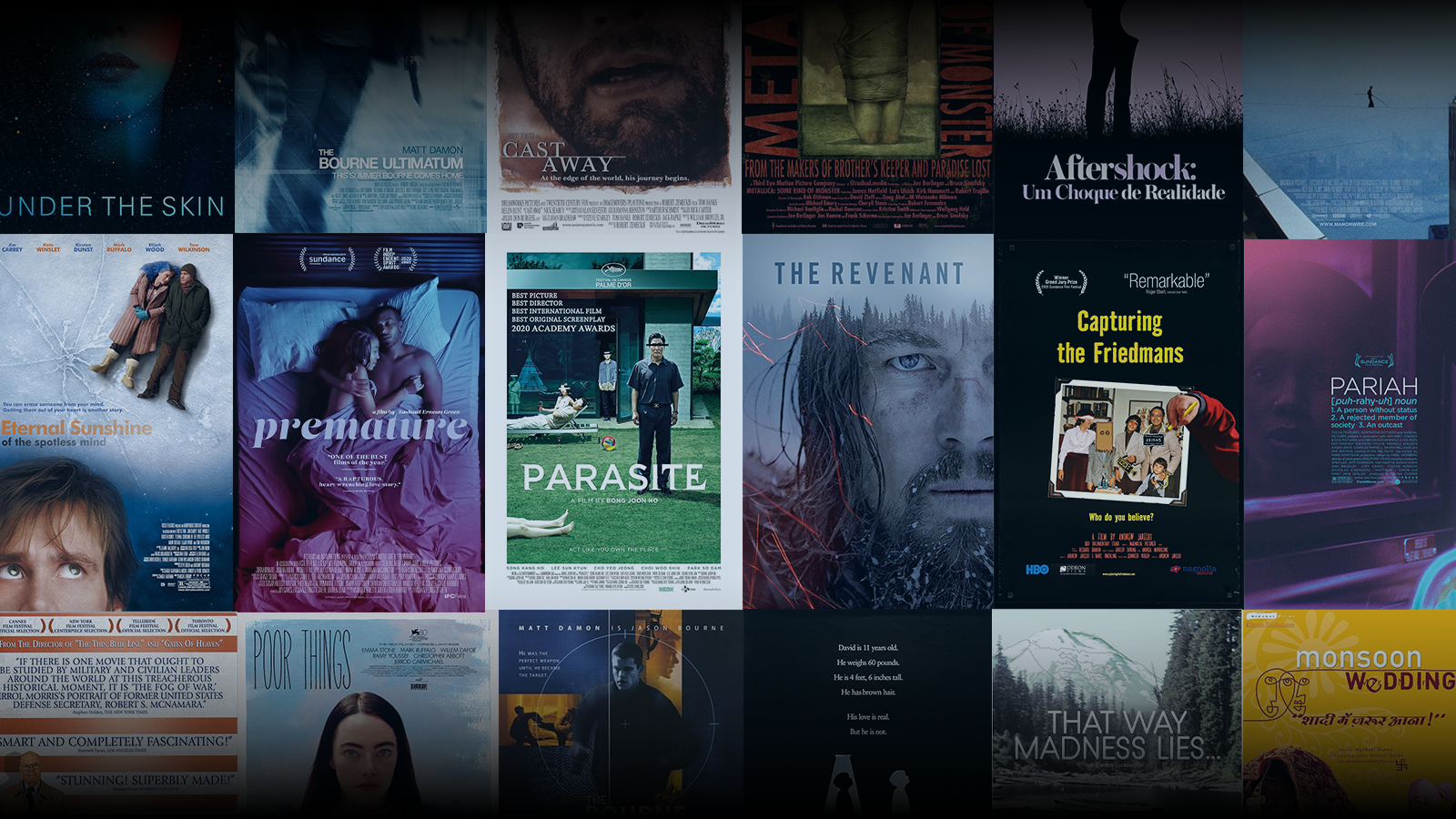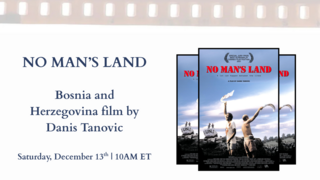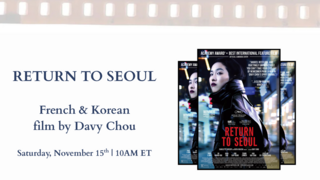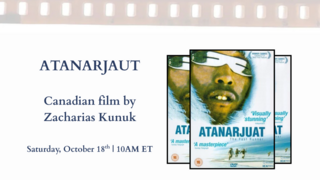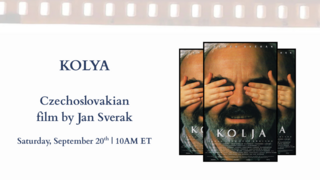When the New York Times released their list of the 100 best movies of the 21st century, we took the opportunity to ask some of our alumni working in the film and media industry to share personal film selections of their own. From action-packed staples and genre-bending flicks to documentaries covering healthcare inequalities and thrash metal superstars, our featured Yale alums have a vibrant assortment of films to recommend.
Marco Beltrami ’91 MusM | Film composer, Scream (1996), 3:10 to Yuma (2007), The Hurt Locker (2008), A Quiet Place (2018), Free Solo (2018)
- The Bourne Identity (2002) Besides being a really fun, action packed, very well put together film, John Powell’s score was groundbreaking. Rather than a bombastic orchestral framework, the score had a spare rhythmic identity and simple theme that featured mainly strings and percussion that gave the film an intimate intensity and identification. The fact that this score was used for so long by so many picture editors to temp track other film with shows how strong and original Powell’s score was.
- The Revenant (2015) Though the score to this movie was deemed ineligible for Oscar consideration because it contained music by uncredited composers as well as some previously written music, the film is still a great example of how score and picture can work together to enhance the storytelling for a powerful and compelling effect.
- Poor Things (2023) When this film came out, I hadn’t heard of the film’s composer, Jerskin Fendrix. Everything about the movie felt original to me from the way it was shot with anamorphic lenses, the color saturation, and namely a score which sounded like each instrument was recorded separately and then affected—whether attenuated or warped somehow—like the pitch of familiar instruments so that they became unfamiliar or awkward or like half human vocal utterances. this complemented the twisted nature of the film perfectly and I thought it was genius.
- Under The Skin (2013) Definitely one of the more imaginative sci-fi/horror films for me. Its identity is due in large part to the very original score by Mica Levi who took simple familiar chordal structures and bent them, created electronic static atmospheres and pulsings, and created a very memorable simple electronic recurring motive that really transports the viewer outside their comfort zone.
- Parasite (2019) This is more for the film than for the score which was certainly functional but not that memorable for me. All of director Bong Joon Ho’s films are great, this is truly a masterpiece. The attention to every detail from the script to the acting to the cinematography to the editing.
Sandra Luckow ’87 | Documentary filmmaker, Vanishing: A Love Story (2025), The Way Madness Lies... (2018), Belly Talkers (1996), Sharp Edges (1987)
- Fog of War (2003) This film is a simple and elegant interview with Robert McNamara, former secretary of defense and one of the most powerful figures in world politics. It analyzes many of the seminal events that shaped the 20th century. It literally cleared the fog and clarified my understanding of the Vietnam war.
- Capturing the Friedmans (2003) The Friedmans seem at first to be a typical family - until one Thanksgiving Arnold and his 18-year-old son Jesse are both arrested. For me this film demanded one to examine assumptions of presentation and look unflinchingly beneath the surface. Although it had a point of view, it was fair.
- Metallica: Some Kind of Monster (2004)The film follows the band from 2001 to 2003, a turbulent period in the band's history which included the production of their 2003 album, going into therapy with their band frontman, the departure of their bassist and their challenge of Napster. This film challenged every dismissive thought and preconceived judgement I had about heavy metal.
- Man on Wire (2008)The film chronicles Philippe Petit's 1974 high-wire walk between the Twin Towers of New York's World Trade Center. This film was a revelation about the breakdown of community when goals are achieved.
- That Way Madness Lies… (2018) One woman and her family traverse the broken mental health system in an effort to save her brother as he descends into madness. This was an exercise is creating something artful and hopefully useful out of pain, tragedy and brokenness.
Vineet Dewan ’02 | Filmmaker, Clear Cut, Simple (2006), Cold Case (2008), Life (2008), Resonance (2008), Heroes (2007), Friday Night Lights (2007)
- Monsoon Wedding (2001) Mira Nair and screenwriter Sabrina Dhawan flipped the script with Monsoon Wedding—a vibrant, handheld whirlwind that felt both deeply real and magically cinematic. With its Magnolia-esque ensemble storytelling, modest budget, and spontaneous shooting style, it captured India at a pivotal cultural moment with heart, chaos, and joy. I experienced that energy firsthand—Monsoon Wedding was my first job in film, back when I was a student at Yale. It taught me that the energy you pour into something is the energy that radiates out. If there’s joy on set, you feel it in your bones. Often overlooked, this little film sparked a movement—you can trace the DNA of today’s eclectic, globally resonant Indian cinema right back to it. And for me, it quietly lit the fuse on my Hollywood dreams.
- A.I. Artificial Intelligence (2001) Spielberg (with Kubrick’s spirit) crafted a film that absolutely rocked my world—not just with its breathtaking visuals and daring storytelling, but with the depth of its questions: What does it mean to be human? What is love? Like The 400 Blows, A.I. follows a child on an impossible quest for meaning, stretching across time and landscape. I connected to it on a very personal level. For me, there’s never been a more devastating film. I happened to be studying Deleuze and taking David Galernter’s class on A.I. at the time and was so struck by how much Kubrick and Spielberg had hidden in this film to unpack that I wrote my Yale thesis on it. When Spielberg received an honorary degree at my graduation, I’ve been kicking myself ever since for not slipping him a copy as he walked past!
- Eternal Sunshine of the Spotless Mind (2004) Eternal Sunshine blew my mind with its seamless fusion of bold visual invention and raw emotional storytelling. It takes a rare kind of genius to dare to bend the medium itself—something we hadn’t seen again until perhaps Everything Everywhere All At Once. The combination of the talents of Michel Gondry and Charlie Kaufman was pure cinema. This film showed me that great art comes from singular, unapologetic vision. It’s not about fitting in—it’s about doubling down on what makes you you. Audiences are hungry for the unfamiliar, the deeply personal, the one-of-a-kind. Eternal Sunshine is all of that, and more. You cannot forget this movie—even if you tried.
- Cast Away (2000) I first saw Cast Away at the old York Square Cinema on Broadway while I was a student. As was tradition at that creaky arthouse theater, the reel broke—twice. The second time it got stuck and the film burned up. When you’re desperate to come back the next day you know this is a film that's gripped you to the core. It hit me so hard, I went back to see it again. But I had a problem with the ending. Hanks’s character didn’t get his happy ending after all that!? There was a truth in there I didn’t quite understand at the time. I was too young. What begins as a story of survival and resilience is actually something deeper: it is a film about the art of letting go, of being present in the now. Having rewatched it several times, I now love what William Broyle’s Jr. did with Tom Hanks's final scenes that echoed what Hillary Clinton said in her Yale commencement speech that year (I’m paraphrasing): "Don’t make your life about the destination…because you’re not guaranteed that you’ll get there. You must enjoy and make the most of every day of the journey so it will still be worth it."
- The Bourne Ultimatum (2007) This film—and The Bourne Supremacy before it —redefined the action genre. Paul Greengrass brought his intimate, immersive documentary style (check out his brilliant Bloody Sunday) into the world of action, and created an inflection point in popular cinema. Every action-thriller that followed owes something to what Bourne pulled off here. That propulsive style, the razor-sharp momentum, and the heart-stopping suspense—especially in that unforgettable train station sequence—left an imprint on me as a filmmaker. It wasn’t just visceral; it was smart. Tony Gilroy’s masterclass in screenwriting—full of reversals, sleight of hand, and narrative traps—taught me the power of staying two steps ahead of the audience. It’s Tony Gilroy’s screenplays for this franchise (and Michael Clayton) written in his unique, immersive style that taught me how to write screenplays.
Amira Williams ’21 | Filmmaker, Associate Producer for ABC News, My Name Is Pauli Murray (2021)
- Pariah (2011) A beautifully complex and real coming of age story. For a film that was released in 2011, it is well beyond its time and even ahead of the times we’re living in now. There are still very few movies highlighting Black girls discovering their queerness and having to learn to choose themselves in that journey, and this one has held up for over a decade now.
- Parasite (2019) I don’t think why this film is on my list needs explaining. I think we could learn and benefit from more films like this that force us to confront the realities of class difference and morality in ways that are thoughtful and force us to actually look at the dynamics that the chasm between wealth and poverty create. While the film is set in South Korea, it could easily be set in New York City.
- Premature (2019) This movie is frustratingly real. There’s summer love that seems like it could be forever love, the threat of the future, and difficult decisions. It’s not a perfect love story, nor is it meant to be, and that’s part of why I’m so fascinated by it. It also has such beautifully shot moments of intimacy and everyday life that pull you into the film and its story.
- Zola (2021) This film is representative of a cultural moment for me. I remember being in my early teens on the way to school in the morning, reading what I feel like was the first story time thread on Twitter (now X) and what ended up inspiring this film. It’s camp and dream-like in its cinematography and bright feel but the subject matter is serious, and the main character’s narration takes us inside her head while also paying homage to the OG thread. They did the original thread justice, and there need to be more films about sex workers that are actually based on real sex workers and their experiences.
- Aftershock (2022) Shamony Gibson and Amber Rose Isaac should never be forgotten. Black women are continuously failed by the medical system especially during pregnancy, childbirth, and postpartum. This documentary breaks down the Black maternal mortality issue, giving historical context and explaining how the hospital is at fault while also showing what the partners and families of these women have had to go through in grieving them and raising a child that no longer has their mother. You will never be able to think about pregnancy and childbirth the same again.
